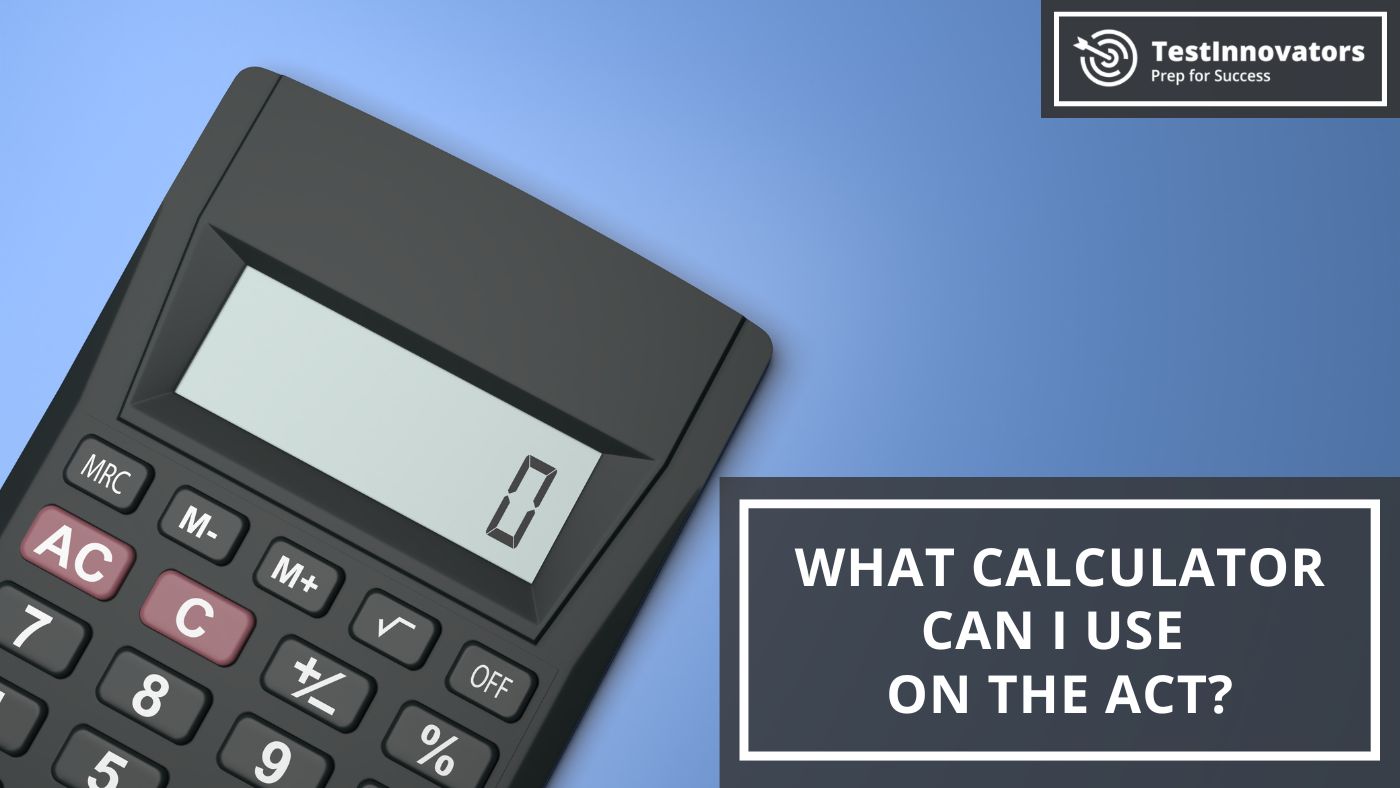7 Study Tips to Reduce Test Anxiety
Alika Gillard2025-01-14T12:38:51-08:00With an important exam on the horizon, it’ is completely normal to feel some test anxiety. While a little bit of stress can actually help you perform better, too much anxiety surrounding the exam can definitely hold you back.
Here are a few foolproof methods to help alleviate stress during the test prep process. If you focus on building your confidence and reducing your anxiety, we know you can tackle this challenge head-on. You’ve got this!
Tip #1: Create a study plan.
The best way to mitigate test anxiety is to establish a clear study plan for the weeks or months leading up to your exam. The key to a good study plan is to know exactly what to practice, and the best way to determine that is to take a practice test.
That’s why the jumping-off point of test prep, no matter how soon your test day is, is to take a full-length practice test. The results of your practice test will inform you of the specific topics you need to improve on.
Check out our Creating a Test Prep Study Plan blog post to learn more about how to create a plan for practice that will help you maximize your scores based on how soon your test date is.
Tip #2: Set goals.
As you begin to take practice tests, it can be helpful to keep a target score in mind. Tests like the ISEE and SSAT are difficult, and the typical scores of accepted students differs from school to school.
For some schools, scores in the 50th-60th percentile range may be competitive, while at others they may not be.
To find out if your scores are in the competitive range for the schools you’re interested in, we have also created ISEE target scores and SSAT target scores for most independent and private schools. These score ranges are not conclusive. Instead, they serve as general guidelines for students and families.
Tip #3: Find your accountability buddy.
Consistent check-ins with a responsible student, adult, or older sibling can be immensely helpful in reaching your study goals. Check-ins are beneficial because your study buddy can make sure you’re sticking to your goals and boost your confidence along the way. A helpful study strategy can be to explain what you are learning to your accountability buddy. Explaining what you are learning will help you master the concept and feel confident.
Tip #4: Don’t cram.
Cramming is when you study intensely for a long periods of time during the final days leading up to a test. In pedagogical research, there is consistent evidence that spaced out studying is much more effective than studying done in large, rushed chunks of time.
This spacing effect allows the brain to ingest and retain the information more effectively than cramming, and thus, produces better results on test day.
With schoolwork and extracurriculars, it can be challenging to find the time (and the motivation) to study, especially when your test date is still weeks or months away. But studying for just 30 minutes a few times a week will have a big impact on your performance. Just remember, it will be worth it on test day!
Check out 3 Reasons to Start Studying Now to learn more about the benefits of getting a jumpstart on practice.
Tip #5: Avoid multitasking.
If you’ve ever heard someone say they’re a great multitasker, you may be surprised to learn that science says otherwise. The term ‘multitasking’ is associated with the idea that our brains are getting multiple things done at once.
In reality, our brains are rapidly shifting from one task to another, ultimately decreasing our overall productivity. This is due to the switching costs of changing from one task to the other, where energy and productivity fall through the cracks.
You can avoid this pitfall by focusing on one topic or question type at a time. For example, in a 30-minute study session, it’s best to focus on just one specific area, such as synonyms or geometry.
It’s also important to minimize outside distractions with studying. Turn your phone off or put it in another room, reduce unnecessary noise like the TV or distracting music, and only eat during your breaks. If you’re working on your computer, close any tabs or applications that are not related to what you’re working on. Make a clear and precise list of tasks and complete them fully, one after the other—your brain will thank you!
Tip #6: Take breaks.
Studies show that retention of material decreases after 45 minutes, so study in smaller chunks of time and take breaks. Go outside! Call a friend on the phone! Reward yourself with an episode of that new show you’re watching or a round of your favorite game!
You can also check out some of our exercises to reduce test anxiety to rejuvenate your mind and body during an especially lengthy study session.
Tip #7: Slow and steady always wins.
Ultimately, one of the most important things you can do to reduce test anxiety is give yourself plenty of time. Choose your test dates well in advance, and start preparing for the test as soon as possible. If you stay focused and determined, you’ll feel prepared and confident by the time the test rolls around!
Originally published on January 14th, 2020. Updated on August 28th, 2024.








